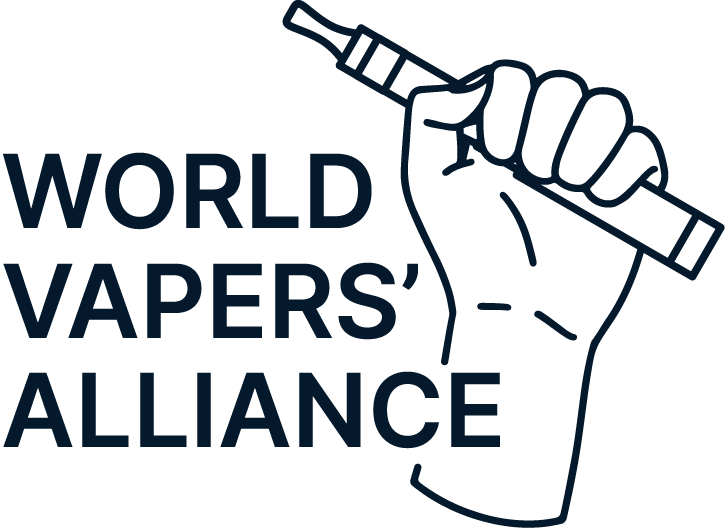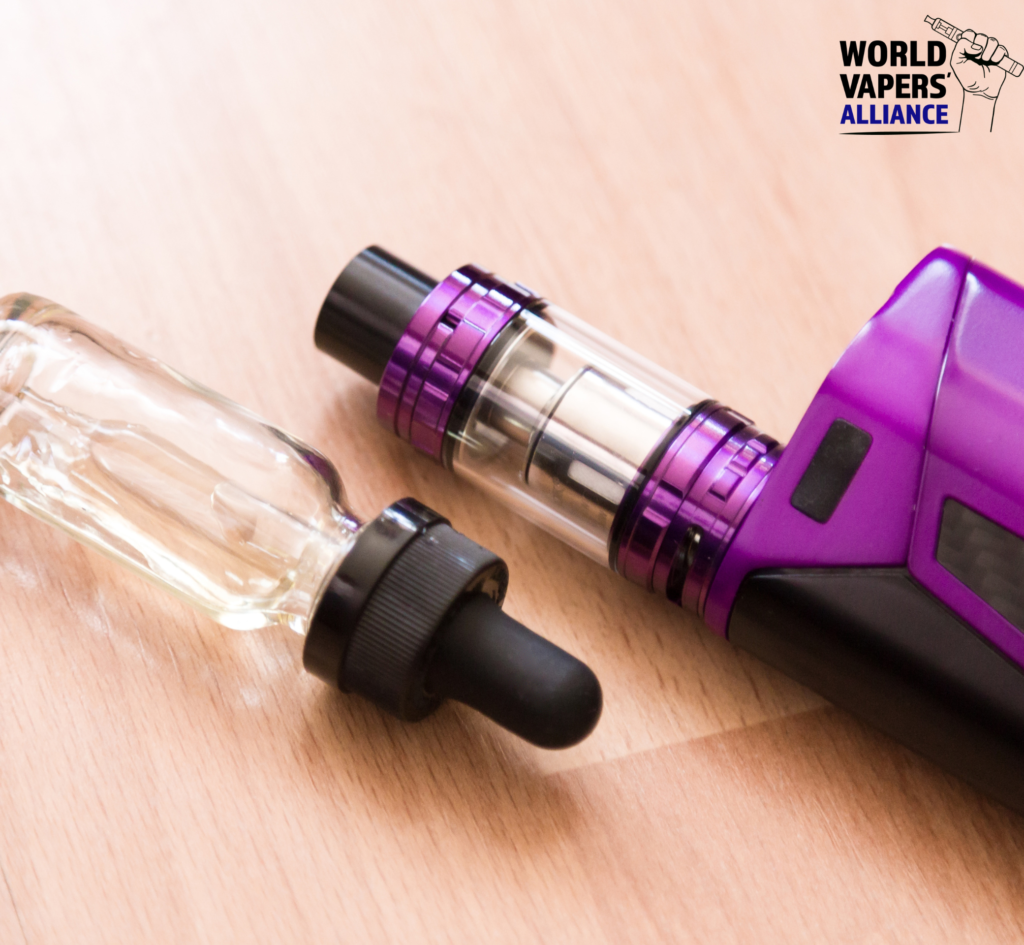Wapowanie jest mniej szkodliwe niż palenie i jest najskuteczniejsze narzędzie do rzucania palenia. Jednak w przypadku przejścia z palenia na wapowanie, ceny odgrywają znaczącą rolę. Cena mniej szkodliwych produktów dostarczających nikotynę może stanowić barierę lub dodatkową zachętę dla osób próbujących rzucić palenie. Jeśli produkty do wapowania są drogie w porównaniu z papierosami lub jeśli ich cena jest tak wysoka, że jest zaporowa dla grup o niskich i średnich dochodach, palacze będą zniechęcani, a nawet powstrzymywani, do zmiany. Z drugiej strony, jeśli wapowanie jest tanie w porównaniu z paleniem, palacze chcący rzucić palenie będą mogli spróbować i znajdą kolejny powód, by to zrobić: oszczędność pieniędzy.
Na szczęście czy nie, rządy na całym świecie dysponują narzędziem, dzięki któremu mogą wpływać na decyzje palaczy, wykorzystując mechanizm wyjaśniony powyżej: podatki. W większości krajów podatki stanowią znaczną część ceny sprzedaży wyrobów tytoniowych, i prawdopodobnie tak będzie również w przypadku alternatywnych produktów nikotynowych. Sposób, w jaki rządy opodatkowują tradycyjne i alternatywne produkty dostarczające nikotynę, wpłynie na procesy decyzyjne milionów palaczy i użytkowników e-papierosów oraz na stan zdrowia publicznego na całym świecie. Jak więc to zrobić?
Palenie tytoniu ma konsekwencje nie tylko dla użytkowników, ale także dla całego społeczeństwa. Koszty leczenia chorób wywołanych paleniem są pokrywane z ubezpieczeń społecznych i publicznych programów opieki zdrowotnej finansowanych przez podatników. Z tej perspektywy, podatki od papierosów są uzasadnione, ponieważ generują dochody rządowe na pokrycie kosztów opieki zdrowotnej związanych z paleniem. Ze względu na niższe ryzyko związane z wapowaniem, nie można zastosować tego samego rozumowania. W przypadku waporyzacji zdecydowana większość szkodliwych składników dymu tytoniowego nie występuje, co sprawia, że znacznie mniej toksyczne niż palenie, I ryzyko zachorowania na raka jest mniejsze niż 0,5% w porównaniu z paleniem. Dlatego nie można uzasadnić podobnego stopnia opodatkowania produktów o tak różnym poziomie ryzyka.
Ponadto podatki od wyrobów tytoniowych mają na celu zniechęcenie do konsumpcji. Podobnie jest z podatkami na e-papierosy. Ale wykazano, że tradycyjne i elektroniczne papierosy są produktami zastępczymi, co oznacza, że wzrost ceny jednego produktu prowadzi do wzrostu konsumpcji drugiego. W niezamierzonym efekcie, rosnące podatki od papierosów elektronicznych mogą prowadzić do wyższego wskaźnika palenia, szczególnie wśród młodszych.
Podsumowując, nie ma sensu opodatkowywać papierosów tradycyjnych i elektronicznych w ten sam sposób. Utrzymanie zróżnicowania podatkowego może zachęcić palaczy do zmiany, poprawić zdrowie publiczne i zmniejszyć wydatki rządowe na opiekę zdrowotną. Wręcz przeciwnie, podniesienie podatków na e-papierosy spowoduje, że ich cena zbliży się do ceny tradycyjnych papierosów lub ją przewyższy, zniechęcając palaczy do zmiany, odwracając tym samym ścieżkę rzucania palenia byłych palaczy e-papierosów, co negatywnie wpłynie na zdrowie publiczne i zwiększy koszty opieki zdrowotnej.
Niestety, portugalski rząd obrał złą drogę. Proponowany przez rząd budżet państwa na rok 2024 przewiduje objęcie e-płynów beznikotynowych podatkiem w wysokości 0,175 euro/ml, przy jednoczesnym zwiększeniu stawki podatku dla e-płynów zawierających nikotynę o 4%, do kwoty 0,351 euro/ml. Ponadto rozważa się objęcie e-płynów zawierających nikotynę i beznikotynowych minimalnym podatkiem odpowiadającym 25% i 12,5% podatku obowiązującego dla tradycyjnych papierosów. Stosując zaproponowany przez rząd współczynnik równoważności (0,05 ml e-płynu = 1 papieros), 1 mililitr e-płynu zawierającego nikotynę będzie stanowił jedną czwartą podatku obowiązującego dla całego opakowania papierosów (składającego się z 20 papierosów).
Jeśli wniosek zostanie zatwierdzony, oczekuje się, że ceny e-liquidów gwałtownie wzrosną do poziomu, który będzie silnie zniechęcał do rzucania palenia. ostatni Narodowy Plan Walki z Rakiem, zaprezentowany rok temu, Portugalia postawiła sobie za cel zmniejszenie rozpowszechnienia konsumpcji tytoniu z obecnych 17% do mniej niż 14% w 2025 r. i mniej niż 10% w 2030 r. Jest to mało prawdopodobne, jeśli portugalski rząd będzie nadal zacieśniał kontrolę nad wapowaniem, i kontrastuje to z dużą redukcją wskaźników palenia odnotowaną w krajach, które przyjęły otwarte podejście do wapowania i innych bezpieczniejszych produktów nikotynowych, takich jak Wielka Brytania i Szwecja, które w tym roku staną się pierwszym krajem wolnym od dymu.
Zamiast podwyższać podatki od e-liquidów, portugalski rząd powinien starać się utrzymać dużą różnicę w podatkach, aby zachęcić palaczy do zmiany. W przeciwnym razie, jeśli proponowane środki zostaną przyjęte, cele dotyczące wolności od dymu nie zostaną osiągnięte, a zdrowie publiczne ucierpi.







